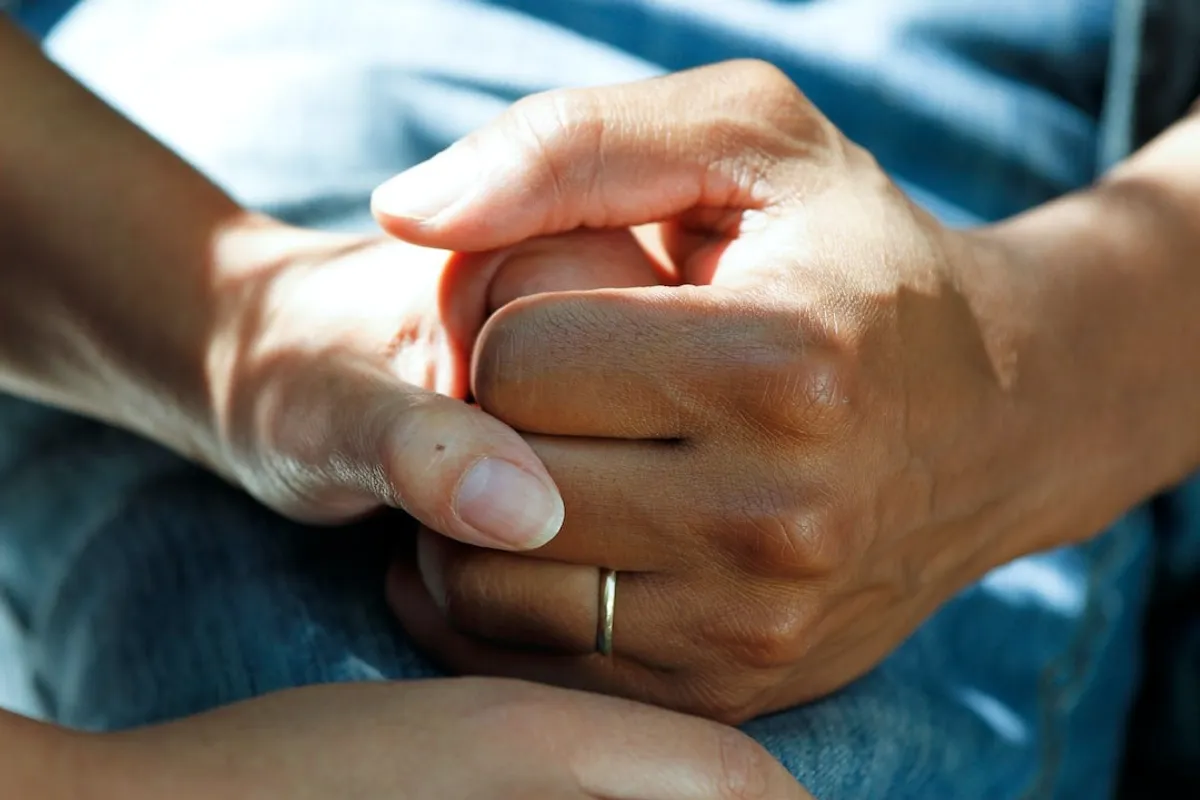Addiction of any kind is difficult to overcome. Despite the continued negative ramifications of the use of addictive substances on a person's body and mind, ceasing the use of addictive substances is exceptionally complicated. Opioids can present an intense and uniquely difficult recovery journey, and identifying the signs and symptoms of opioid addiction in a loved one is crucial to finding effective treatment.
Recognizing these signs as early as possible is just the first step, with professional treatment for overcoming the use of opioids being paramount for an informed and effective approach to a future of sobriety. Redpoint's Glenwood Springs location can help individuals and families begin their journey of overcoming the effects of opioid use.
Exposure to Opioids
While there may be certain stigmas or images that come to mind when words like opioid addiction" are mentioned, it is important to remember that addiction can affect anybody. There is no single person, sex, gender, age group, race, or other denomination that is somehow immune" to developing the disease. However, opioids can be even more uniquely ubiquitous, with some three million Americans who either currently are overcoming opioid addiction or have overcome opioid addiction in the past.
For some, mental health disorders can inform their use, with an individual seeking them out illicitly to challenge intense emotions like anxiety, panic, depression, post-traumatic stress disorder (PTSD,) or other mental health disorders. However, others may be exposed to opioid use as a result of personal injury or through prescription painkillers, leading to addiction through the healing process. Regardless of how an individual was exposed to opioids, being vigilant of potential signs and symptoms of addiction is necessary to help those using these drugs challenge and overcome addiction before further consequences manifest.
The Signs and Symptoms of Opioid Addiction
Opioids affect a person's mind and body in tandem and can impact every facet of a person's life, from professional performance and attendance to daily routines and emotional health. However, there are some behavioral signs that can indicate the dangerous use of opioids or addiction. Some of these potential signs include:
- Sudden changes in daily routine
- Adopting a more secretive or isolated lifestyle, such as no longer spending time with friends or family or locking doors
- Disinterest in previous hobbies
- Inability or reluctance to tend to daily responsibilities
- Compromised hygiene
- Changes in sleep routines, insomnia, or going to bed at inconsistent times
- Decreased libido
- Sudden changes in finances or financial difficulty
- Increase in stealing or lying
- Sudden or drastic weight loss
- Changes in appetite or skipping meals
- Inconsistent professional attendance, suddenly being late to work, or decreased professional performance
However, opioid addiction can also drastically impact a person's mental health, which can further inform the need for professional care through the opportunities at Redpoint's Glenwood Springs programs. Some of the emotional impacts of opioid use include:
- Increase in feelings of anxiety or depression
- Mood swings
- Increase in irritation, frustration, or angry outbursts
- Difficulty managing and regulating emotions
An individual may also express unique symptoms if they have not engaged with opioids after a certain amount of time, called withdrawal symptoms." These can include feelings of nausea, vomiting, further emotional distress, aches, pains, and insomnia, with an individual feeling compelled to engage with opioids in order to get the symptoms to stop.
An individual does not necessarily need to express all of these symptoms to be diagnosed with opioid addiction, and recognizing a few of these symptoms in tandem can facilitate the need to contact professional help for further information and to explore healing options. Redpoint's Glenwood Springs programs can help each individual and loved one better identify and understand these symptoms, as well as the healing options available to begin effective, informed, professional treatment.
Overcoming Opioid Addiction at Glenwood Springs
Addiction can continue to affect individuals and their families until professionally addressed, with ramifications not just on those engaged with the drugs but also on entire atmospheres that can breed further emotional turmoil and resentment and have a destructive impact on entire families. Professional treatment is necessary to not only instill the necessary skills to challenge opioid addiction but also explore addiction's effect on daily life while developing new skills to transform daily practices and create a fulfilling life of sobriety.
Combining proven therapeutic approaches throughout our dedicated outpatient program in Glenwood Springs, we explore the effects of opioid addiction on each person's life and develop practices for a healthy future. From cognitive-behavioral therapy (CBT) to various experiential opportunities and a community of peers, we challenge the effects of addiction and create a community of healing that can help each individual overcome isolation for a sustainable sober life.
Effective outpatient treatment empowers those in recovery to continue living their daily lives while challenging opioid addiction and its continued ramifications. There is no substitute for professional opioid addiction treatment, but the programs available at Glenwood Springs can help those ready to overcome the use of opioids explore all of their options and routes to sobriety while continuing to tend to daily life and responsibilities inside and outside of a treatment facility.
Opioid addiction can be devastating to entire families. If you or a loved one recognizes the signs and symptoms of opioid addiction and are ready to take the first step toward a healthier, sober life, we at Redpoint can help. Our Glenwood Springs location specializes in effective outpatient drug treatment programs to help you understand and overcome the use of opioids while continuing to manage daily life and responsibilities outside of our facility. By curating a community of healing and an atmosphere of change, we can create the best approach to sustained healing from opioid use while providing a network of peers and professionals to navigate the continued challenges of recovery. For more information, call us today at (303) 219-0973.
